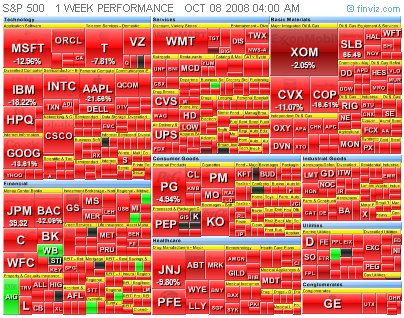Analogies can be dangerous when you don’t know their limitations, but they can be a good way of distilling a lot of technical details into a central point. A flurry of emails last week resulted in this story at Climate Interactive, about some inebriated decision makers who can’t predict the consequences of their actions. It reminds me of another favorite, cited in Cloudy Skies:
The article gives a fascinating insight into the way international politics struggles with complex technical issues. I was inspired to set up an experiment to test some of the ideas, and hit upon the analogy of using my bath instead of the Earth and taking the water as carbon dioxide. I jammed the plug firmly, and turned one tap to full. I observed that the bath was filling with water. I turned the flow down to 80% – a massive 20% reduction – only to discover that it was still filling but slightly more slowly. At this point I was joined by my neighbour, an American. He pointed out that reducing the flow by 20% was out of the question; we haggled for a bit before agreeing on a reduction to 94.8%. We thought the 5.2% reduction had a nice ring to it. Oddly, the bath was still filling up with water at almost the same rate that it had been initially. My friend then gave me a five pound note to turn the tap down by another 20%. I did so. He then turned on the other tap to exactly counter the 20% saving. I complained, only to be told that he had bought my credits, whatever that means. He then rushed out, returning with a bucket which he put under the second tap. I was so impressed that I did not notice for a moment that the bath was still filling up and that the bucket would soon overflow. We decided we had experimented enough for one day and went off to the pub. We were on our third pint when we remembered that the experiment was still running.
Letter to The Chemical Engineer from A. Lodge (1999)
Unfortunately, even in simple systems, intuition often deserts us. The fact that mental models fail to capture the essence of climate dynamics is but one symptom of this. This Thursday, Drew Jones and I will present a simple model designed to close the gap at the Tällberg Forum’s Washington Conversation, “the climate deal we need.”


